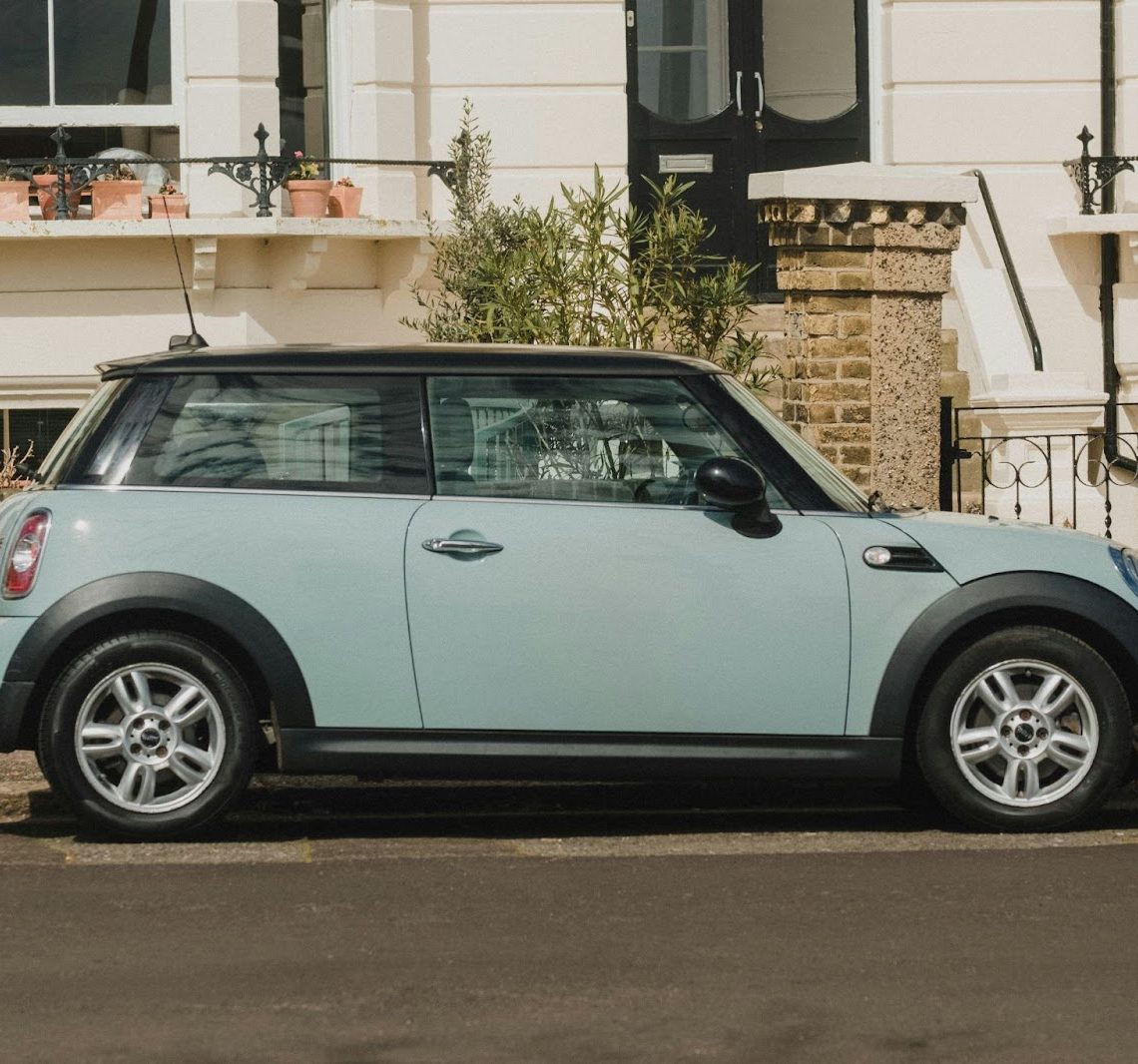
Should You Finance A New Car Or Use Your Savings?
This is a collaborative post
Purchasing a new car is an exciting milestone, but it also comes with a significant financial decision: should you finance your purchase or use your savings? This question is particularly relevant in today’s economic climate, where interest rates, inflation, and personal financial goals all play a role in shaping the best option.
Financing a New Car
Financing a car is a popular choice, with many buyers opting for solutions like hire purchase (HP) or personal contract purchase (PCP). Financing allows you to spread the cost of the car over time, making the purchase more manageable in the short term. With a PCP agreement, for example, you typically pay a deposit, followed by monthly payments, and then decide at the end whether to return the car, buy it outright, or trade it in for a new model. Have you also considered an electric car?
Financing can be an appealing option for those who wish to maintain their savings as a safety net. It also allows buyers to afford a more expensive vehicle than they might if paying upfront. However, it’s essential to consider the total cost of financing. Interest rates can significantly increase the overall expense, and additional charges like fees or balloon payments (in PCP agreements) may apply.
Using Your Savings
If you’ve been diligent about saving, paying for a car outright might be tempting. Using your savings eliminates the need to pay interest and ensures you own the vehicle outright from day one. It’s also a straightforward transaction, with no monthly payments to worry about.
However, using savings comes with its trade-offs. Depleting your savings for a car purchase could leave you without a financial buffer for emergencies or other goals, such as a house deposit, holiday, or education. It’s crucial to weigh how much of your savings you’re willing to part with and whether this aligns with your broader financial objectives.
Factors to Consider
When deciding between financing and using savings, consider the following:
- Interest Rates: Compare the cost of financing against the potential interest you could earn by keeping your savings in a high-interest account. If financing is affordable, it might make sense to retain your savings and allow them to grow.
- Your Financial Situation: Do you have a stable income to support monthly payments? Are your savings enough to comfortably cover the car cost and still leave room for unexpected expenses?
- Vehicle Depreciation: Cars lose value over time, meaning a financed vehicle could leave you owing more than it’s worth in the early years. This is especially pertinent with PCP agreements, as seen in cases involving Barclays PCP Claims, where customers questioned the fairness of their agreements.
- Long-Term Goals: Consider how this decision fits into your overall financial plan. If keeping your savings intact supports other priorities, financing might be a better route.
There You Have It
Ultimately, the decision to finance a new car or use your savings depends on your individual circumstances, financial health, and future goals. Both options have advantages and drawbacks, so it’s worth taking the time to weigh your priorities and crunch the numbers. Whether you choose to finance or pay outright, ensuring the decision aligns with your broader financial strategy will help you enjoy your new car without regrets.





